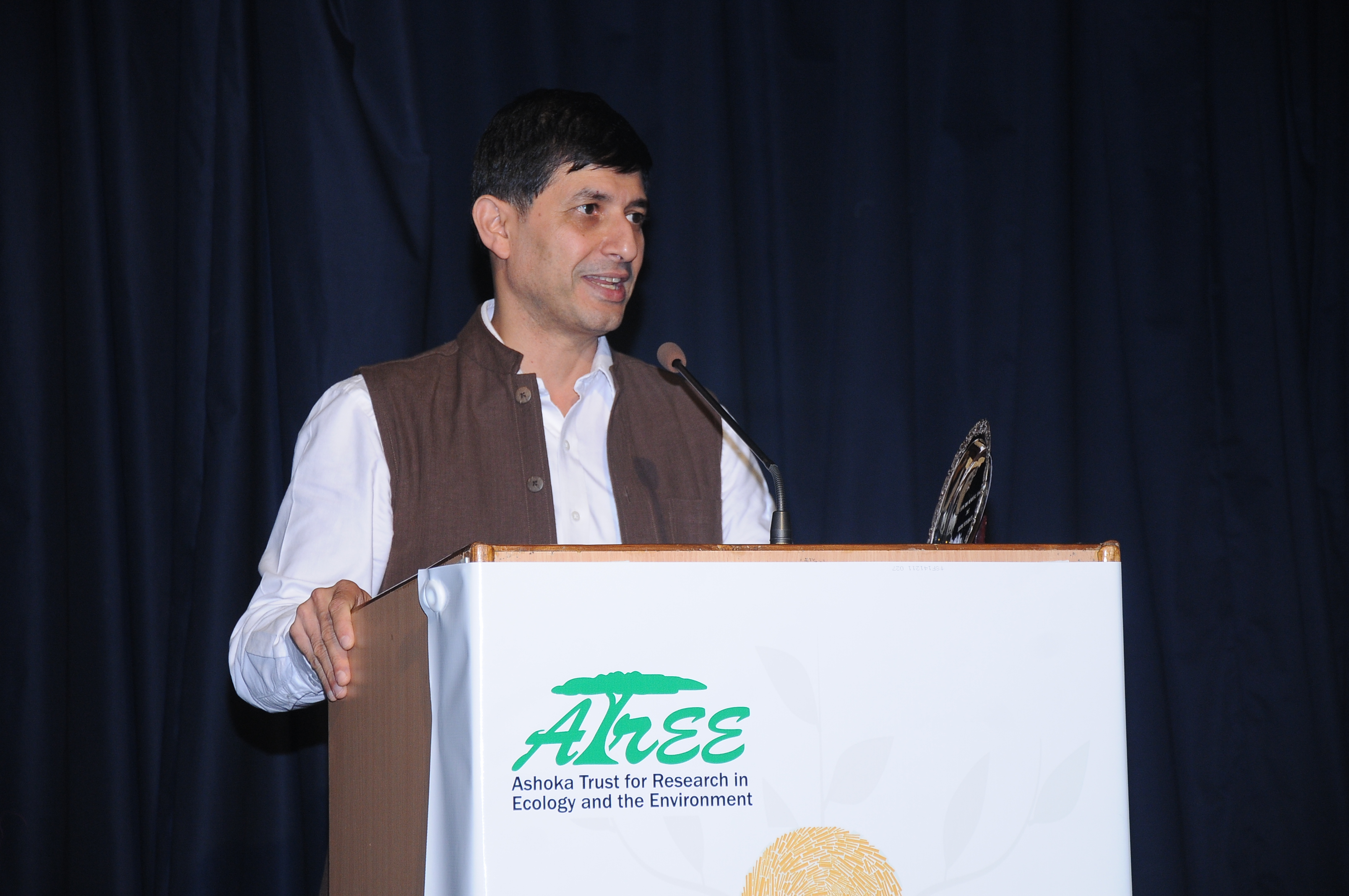As the global Climate Summit kicks off in Paris in December, Navroz Dubash, Senior Fellow at the Centre for Policy Research, makes a strong case in favor of finding a middle ground between development and equity for India during his talk organized by Atree in Bangalore recently
Here are a few tough questions India is faced with: What is India’s actual game plan at the Climate Summit? Can we afford to play the two-level game of criticizing the government internally but support its negotiations in international climate change forums? Can we not think of what we can do domestically and only focus on strategic interests globally?
Are we saying that we can play the global climate game only if we get $2.15 trillion as compensation without saying how we are going to use it? And does this posture risk leveraging downwards all international negotiations?
“If we are all about ensuring where the blame sits – if that is our sole objective, especially when we are not showing too much interest on the domestic front, the whole process could ratchet down. This dissonance doesn’t do good to anyone. It is not a zero-sum game,” he said.
We need to have a clear domestic proposition – How much green energy we need, how much green gases we need to put out, how much leeway we need on top of that, and how can we maximize the synergies between development, equity and environment.
Yet, the equity frame is absolutely necessary for India to ensure we don’t get crowded out of development options. The challenge is: Can we can be pro development and yet meet climate targets? A strong position on blaming the developed world for all the climate ills faces the danger of politicians covering up our underdevelopment at home.
If both the development and equity frameworks are pursued independently, Navroz said they can easily undercut each other. The trillion dollar question is: Can we co-exist with both these frames? “We have to work towards a way where both don’t undercut but reinforce each other.”
Navroz is sensitive to how the climate change enthusiasts can put the Indian government “in an awkward position” by pushing for strong environmental laws during international negotiations. “Should we be criticizing the governments for not doing enough on internal equity? If we do that we will be undercutting our case in the
global arena?”
Navroz is clear about creating a middle ground between development and equity frameworks but it has to start with domestic propositions such as how much carbon we can emit to achieve a certain development and growth goal.
Clearly, he says, “climate change is not a burden, it is an opportunity.” It will allow the green warriors in us to take environmental issues to the high table. More importantly, it could allow for larger conversations about how climate change talks can impact and also benefit local environment issues.
For a start, he suggests mainstreaming the climate change issue with all ministries such as coal, power, transport, energy, environment, agriculture. “Positive interaction should be constant between climate policy and environment policy.”
Clearly, he says, “climate change is not a burden, it is an opportunity.” It will allow the green warriors in us to take environmental issues to the high table. More importantly, it could allow for larger conversations about how climate change talks can impact and also benefit local environment issues










